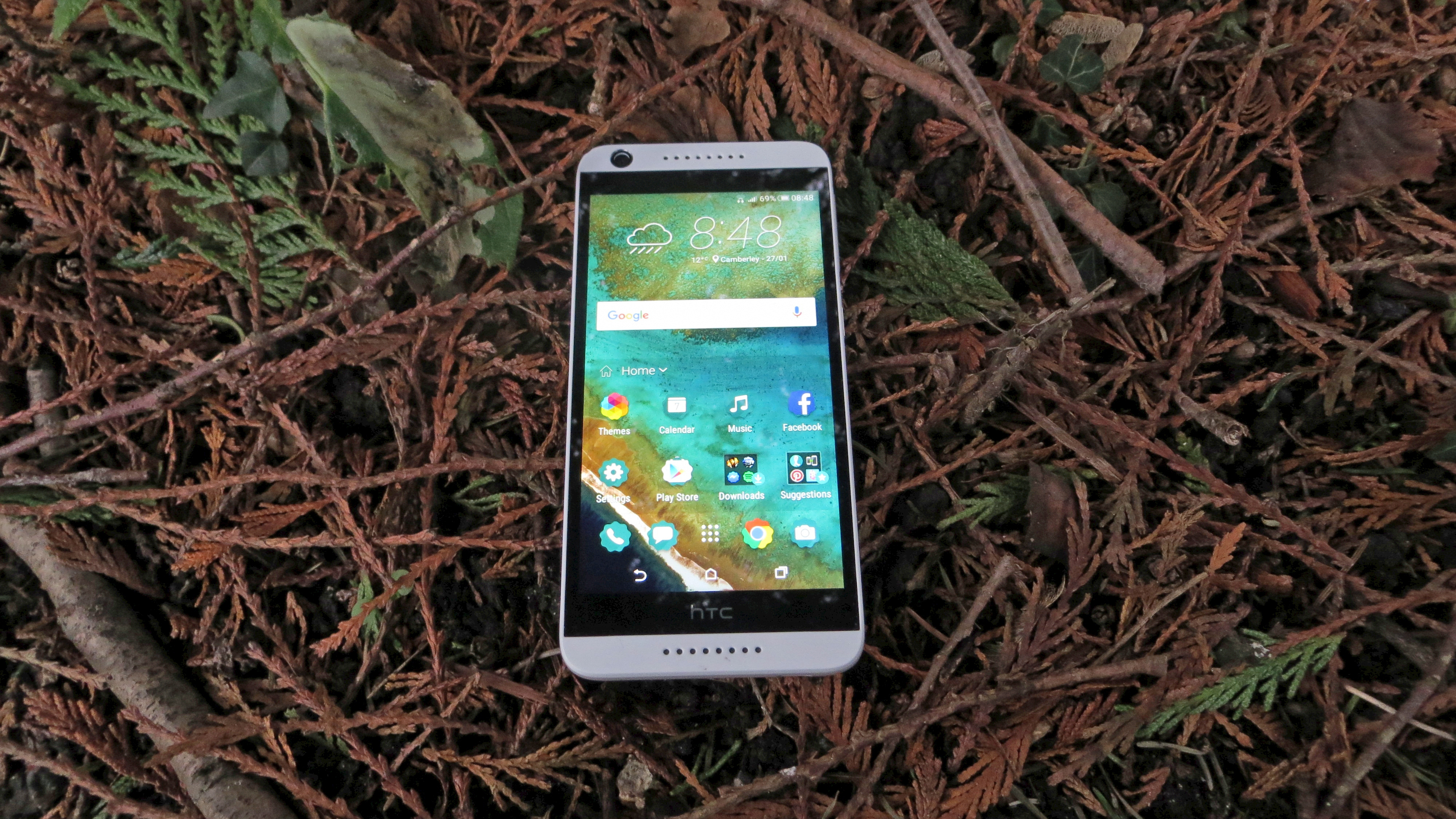Why you can trust TechRadar
Battery life
Sadly, the battery life of the HTC Desire 626 is no great shakes. The 2000mAh power pack inside gets things off to a bad start, as it's significantly smaller than the 2470mAh battery in the Moto G, or the 2900mAh unit in the BQ Aquaris X5. It's even smaller than the 2390mAh battery in the lower-end Moto E.
That's not necessarily the end of the world, as HTC could have used some fancy tricks and optimizationto eke impressive performance out of the Desire 626 – but sadly it hasn't.
In our patented (not actually patented) battery test, which involves playing a 90-minute video at full brightness, the battery dropped by 30%. That, as you'd probably expect, is worse than most rivals; the Moto G dropped 19% and the BQ Aquaris X5 lost just 14%.
The Desire's loss is in line with some other recent HTC phones, including the high-end HTC One M9, which dropped a massive 31%, but it's not good.
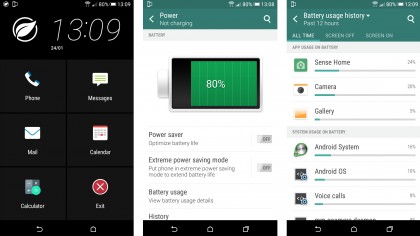
Things were a little better in daily use, but still hardly impressive. With the screen set to a mid-level brightness, around 20 minutes of Real Racing 3 knocked 8% off the battery.
A full mixed day of use, with about an hour of social media, firing off a dozen or so photos, sending a handful of SMS and WhatsApp messages, 30 minutes of web browsing and a short call cut the battery from 100% at 8:30am to 36% at around 11:30pm.
It got me through the day then, with a little bit of room to spare, but that was a middling day; push it with a lot of screen time and you'll be reaching for a charger before the end of work.
You also can't remove the battery, and of course there's no fast or wireless charging here. The 626 does, however, offer HTC's two battery-saving modes.
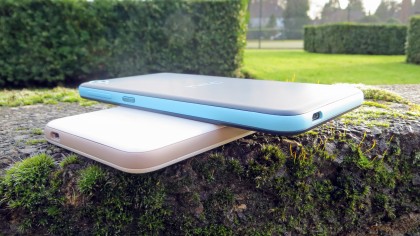
There's 'Power saver', which cuts down CPU usage, limits location services, reduces screen brightness and turns off vibration to keep the phone going a little longer.
It works, to an extent, but I didn't notice a drastic difference in my time with the phone, and dialing back the CPU on an already low-end handset isn't exactly desirable.
Then there's 'Extreme power saving mode', which turns off data when the screen is off and limits you to using the phone, SMS, email, the calendar and the calculator – in other words it turns your smartphone into a feature phone, so that's an option you'll only want to use in real emergencies.
Camera
There's a 13MP snapper on the back of the HTC Desire 626, which on paper is a solid spec and in line with the Moto G 3. But where the Moto G can take great shots for a phone in this price range, the Desire 626's photos are rather underwhelming.
Photos have a tendency to look dark, washed out and lacking in detail. The camera is at least speedy to use though – once it's launched, that is. Opening the app can take a few seconds, but the shutter speed is fast, so you can fire off a lot of photos quickly.
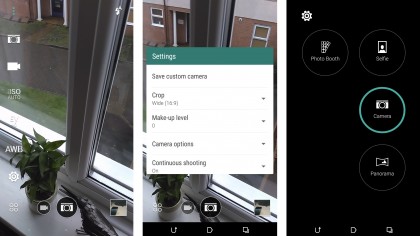
There's also not too much clutter on the viewfinder, with most of the options remaining hidden until you need them.
Not that there are a vast number of options, but the basics are covered, from ISO and exposure to an ineffective night mode and slow-to-shoot HDR mode, plus an option to use the volume buttons to either zoom or take photos.
The 5MP front-facing camera is pretty standard for a phone of this price. The results won't wow you, but they're social media-worthy, and with a voice capture option and a timer you can actually be in group photos you take.
Camera samples

Click here for the full-resolution image

Click here for the full-resolution image
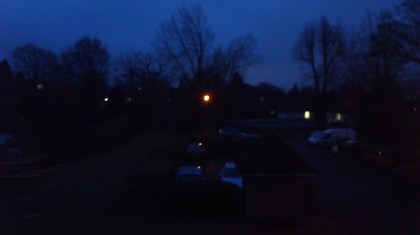
Click here for the full-resolution image

James is a freelance phones, tablets and wearables writer and sub-editor at TechRadar. He has a love for everything ‘smart’, from watches to lights, and can often be found arguing with AI assistants or drowning in the latest apps. James also contributes to 3G.co.uk, 4G.co.uk and 5G.co.uk and has written for T3, Digital Camera World, Clarity Media and others, with work on the web, in print and on TV.
